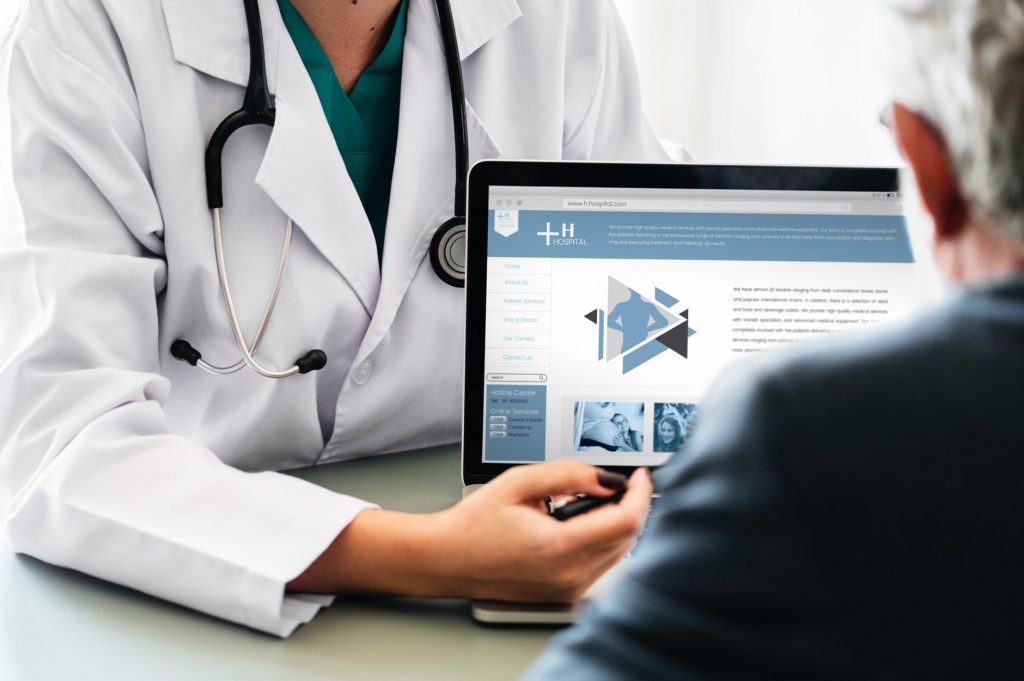As doctors, medical professionals and healthcare support staff continue to experience growing need for their time, chances for technology adoption continues to thrive. The advancement of computer technology and other technology has saturated the medical industry, changing it for the better. Listed below are five kinds of healthcare technology which are making their way to contemporary practices, helping doctors to operate smarter, quicker, and with higher efficacy.
Patient Data Management
It is not uncommon for individuals to find themselves unable to provide doctors with their past health history and records, or for doctors to devote substantial amounts of time tracking critical reports and documents of all distinct sources. Possessing a principal data repository containing all this information not only simplifies face-to-face time with patients, but it also ensures accuracy and better diagnosis and treatments. For example, a breast surgeon at a registered cosmetic surgery clinic can look at a patients’ past health data and make accurate recommendations on whether a breast reduction is suitable and the best option for the individual.
Appointment Management System
Maintaining numerous calendars for appointment administration takes a great deal of time something doctors, and practice staff are inclined to be in shortage of. Appointment management software offers a full interactive view of a doctor’s program, ensuring every clinic may minimise the burden of overlapping appointments. The software helps clinics stay organised and on top of tasks and appointments. Some advanced software can automatically send reminders via email and text message for patients to confirm, therefore minimising the likelihood of no-shows due to a patient forgetting.
Smartphones
Aside from emails and other essential functions, doctors are discovering an increasing number of ways to use their cellular phones. Assisted by technology like the cloud, individual and practice information is currently accessible at their fingertips via downloadable programs, from anyplace. Doctors who work off-site can stay in touch with the clinic administration and be reachable. Data and documents are accessible on mobile as well as the internet and other resources.

Big Data Analytics
During the previous year, the term ‘big data’ has observed a surge in popularity, and it has made its way to the healthcare sector. It enables clinics and medical research firms to dissect patient information and do in-depth analysis to identify overriding trends and make connections between treatment options and results. Additionally, benchmarks can be formed to assist in providing insight and understanding. Data is a huge driver in medical research, and the accumulation of patient data through management systems has allowed meaningful analysis to occur.
AI Diagnostics
While artificial intelligence must transcend the demand for doctors, it undoubtedly streamlines their workloads by providing significant data in real time to strengthen patient results. AI can help doctors identify health risks for individuals, and drugs they might need or ought to steer clear of.
In short, many businesses are using technology-based tools to assist them to evolve and stay ahead of trends, and healthcare practices are no exclusion. Integrating these five kinds of technology not only generates efficacy in clinics but prioritises the fundamental part of healthcare’s Ecosystem — the individual.




